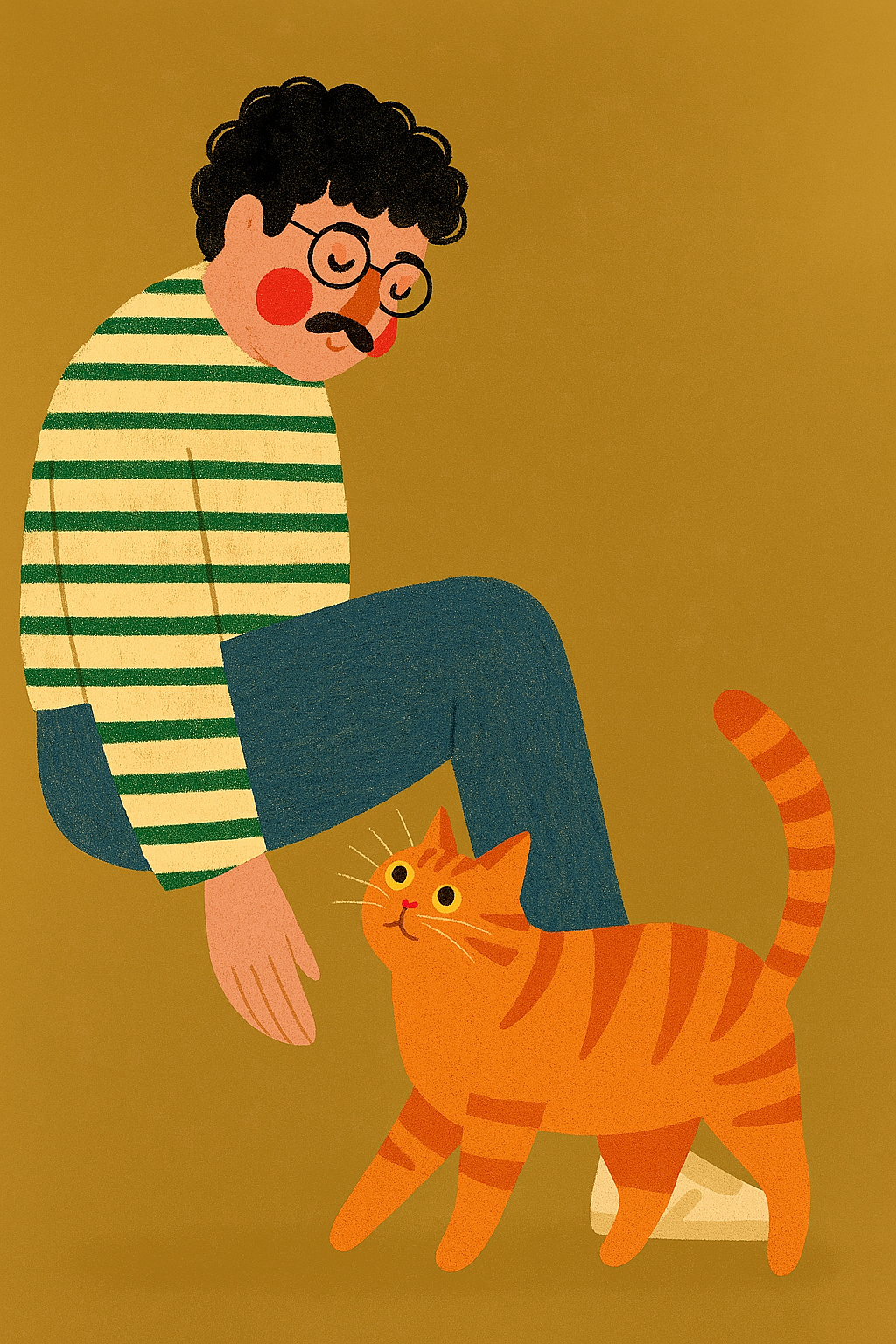When Grey’s Anatomy aired its now-legendary two-part arc “It’s the End of the World” and “As We Know It” in 2006, most people still thought of it as a soapy, slightly elevated medical drama with a killer soundtrack and a hot cast. It was ambitious, yes. Emotional, absolutely. But no one was prepared for what would unfold after Super Bowl XL. Let alone the ripple effect it would have across television for years to come.
“It’s a look patients get in their eyes. There is a scent, the smell of death. Some kind of sixth sense. When the great beyond is headed for you, you feel it coming.”
This wasn’t just a storyline. It was a seismic narrative shift. It was Grey’s saying: we can do disaster TV with emotional precision, character depth, and network-breaking tension; and we can do it better than anyone else.
This Is Your Brain on Shonda Rhimes
The premise alone is wild: Meredith Grey ends up with her hand inside a patient’s chest cavity, holding live, unexploded military-grade ammunition that could detonate at any second. The bomb squad evacuates the OR. Everyone’s lives are in danger. The tension is physical, ticking, visceral.
But what made these episodes brilliant, not just sensational, was what Shonda Rhimes layered underneath the spectacle: Bailey in labour, refusing to push without her husband, terrified and raw. Derek, torn between saving a life and watching Meredith die from across a surgical bay. George, stepping into his first moment of greatness with tenderness and grace. Meredith, fully aware that this could be how she dies.
And all of it intercut with slow-motion terror, internal monologues, unrequited love, panic attacks, and Bomb Squad Guy played by Friday Night Lights’ Kyle Chandler, who—spoiler—blows up anyway. This was not a show afraid to push its characters to the edge. This was a show creating the edge.
Meredith’s Meltdown Was the Mood
Before any of the chaos begins, we see Meredith in bed. Refusing to get up.
“I don’t want to go to work,” she tells Cristina. “I could die.” It’s half a joke, half a premonition. But it also taps into something vital about Grey’s tone: the anxiety was the point.
“That does not change the fact she’s got my McDreamy. And my McDog. She’s got my McLife! And what have I got? You know, I can’t remember the last time we kissed. ‘Cause you never think that last time is the last time, you think there’ll be more.”
Rhimes didn’t want her characters to be perfect professionals. She wanted them to be flawed people, carrying exhaustion, fear, lust, and loss into the OR. That vulnerability, that chaos, was revolutionary for the time; especially in a network drama. These weren’t just plot devices. These were emotional breakdowns given full episodes to breathe.
And Meredith’s moment—her literal fear of going to work—is now canon for an entire generation raised on hustle, burnout, and existential dread.
The Aftershock: TV Took Notes
When this two-parter aired, it drew over 37 million viewers, which is a staggering number by today’s standards, even for a post–Super Bowl slot. But beyond the ratings, what mattered more was what came after.
This event told writers and networks: you can do disaster TV without sacrificing character work. You can blend soap opera with high-stakes tension. You can weaponise emotional intimacy in the middle of a literal bomb scare.
You see its influence in Scandal's plane crashes and courtroom monologues. Or This Is Us turning a house fire into a slow-burn origin story. Then The Good Doctor's disaster episodes and moral thought experiments, even Station 19, Grey’s own spin-off, carries this DNA in every episode. It turned event TV inward. The threat wasn’t just external. It was emotional. And it worked.
The Heart of It All Was George and Bailey
For all the fireballs and explosive tension, the most unforgettable moment comes not from a bomb—but from a birth. Bailey, exhausted and terrified, refuses to push. Her husband is in surgery. Her doctor is unavailable. Her world is imploding. And George O'Malley—sweet, awkward, underestimated George—stays with her. Holds her. Talks her through it.
“You’re Doctor Bailey,” he says, voice shaking. “You don’t hide from a fight.”
It is, without exaggeration, one of the most emotionally earned scenes in the history of network television. No villain. No twist. Just raw, human connection. It’s everything Grey’s is capable of when it remembers its pulse is emotional, not surgical.
A Blueprint for the Unthinkable
In the years since, Grey’s Anatomy has done it all: plane crashes, ferry disasters, mass shootings, storms, pandemics, car accidents, more bombs. But this two-parter set the tone. It declared: We are not afraid to go there. And we are not afraid to break your heart while we do.
It showed that a drama can be: high-concept and emotionally intelligent, suspenseful and character-driven, popular and critically respected.
“I'm glad you didn't die today.”
And most of all, it proved that sometimes, what makes TV unforgettable isn’t just the explosion. It’s who’s left standing after the smoke clears. Holding a baby. Wearing a bomb vest. Naming their child after the only person who didn’t leave.
Final Thought: The World Didn’t End—But TV Changed
When Meredith took her hand off that bomb, she didn’t just survive. She stepped into something bigger: a show that would never be small again, a genre transformed, a blueprint born.
“If you knew this was your last day on earth, how would you want to spend it?”
And we’ve been watching ever since.

